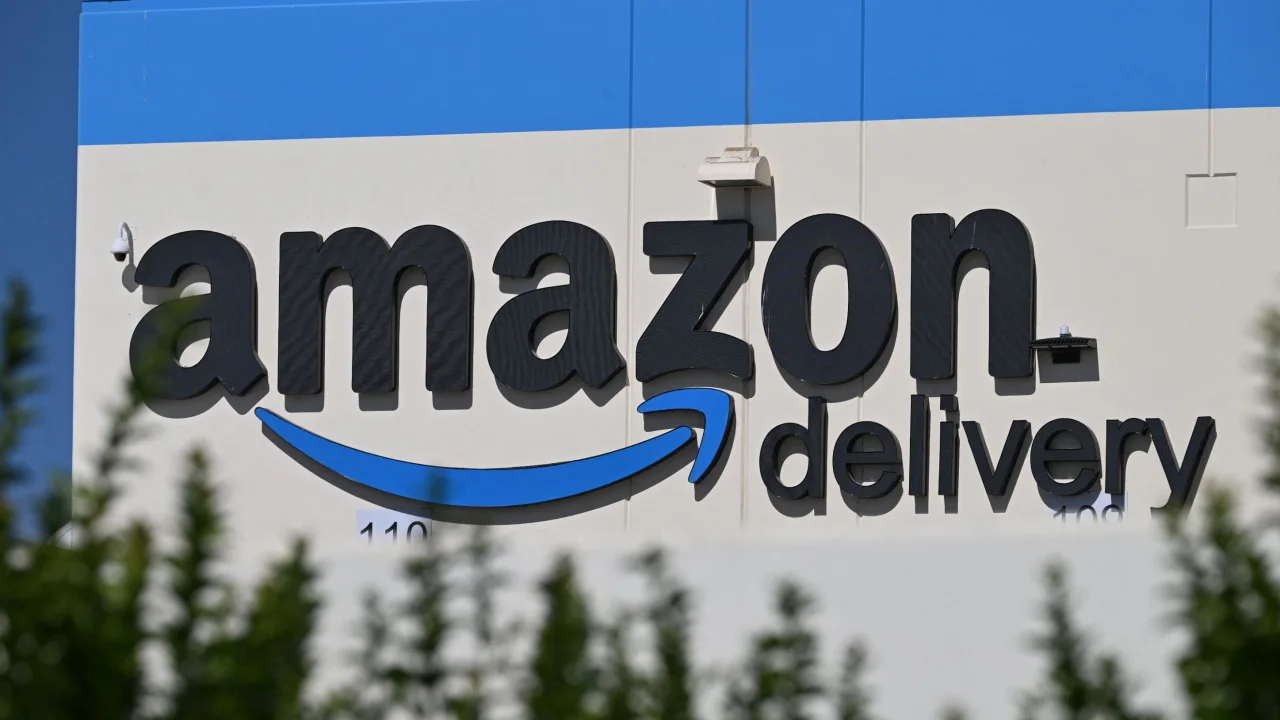A big climate change stress test is coming for Amazon sellers

Amazon and other big businesses ramp up efforts to reduce their carbon footprint, they’re putting pressure on their suppliers to do the same, and those who don’t may pay a big price.
As of 2024, Amazon will require suppliers to share emissions data, set emissions goals, and report on their progress, according to its latest sustainability report. As a result of that move, Microsoft has joined Walmart, Apple, and other companies in calling on suppliers to step up their efforts to decarbonize.
Businesses are being urged to adopt eco-friendly practices more than ever before as a result of the mandates. Increasing transparency and progress are being demanded by consumers, investors, regulators, and governments.
A corporate consultant and author of six books on sustainability, Bob Willard, says the pressure is coming from companies, which then put pressure on suppliers.
Emissions are typically tracked at three levels by businesses. Those in scope 1 come directly from operations. Energy purchased from the market, such as electricity, falls under scope 2. In scope 3, emissions are derived from indirect sources, such as suppliers and customers using the products of a company. Approximately 75% of all emissions are attributed to scope 3 in an analysis of major industries by the non-profit CDP.
Winston, author of several sustainability-related business strategy books, says companies have more control over their suppliers than many other indirect emissions.
As an example, a consumer goods company can select eco-conscious suppliers while it cannot force detergent buyers to wash in cold water.
Winston notes that companies have a direct impact on the supply chain, which is where there will be continued rising pressure and transparency.
